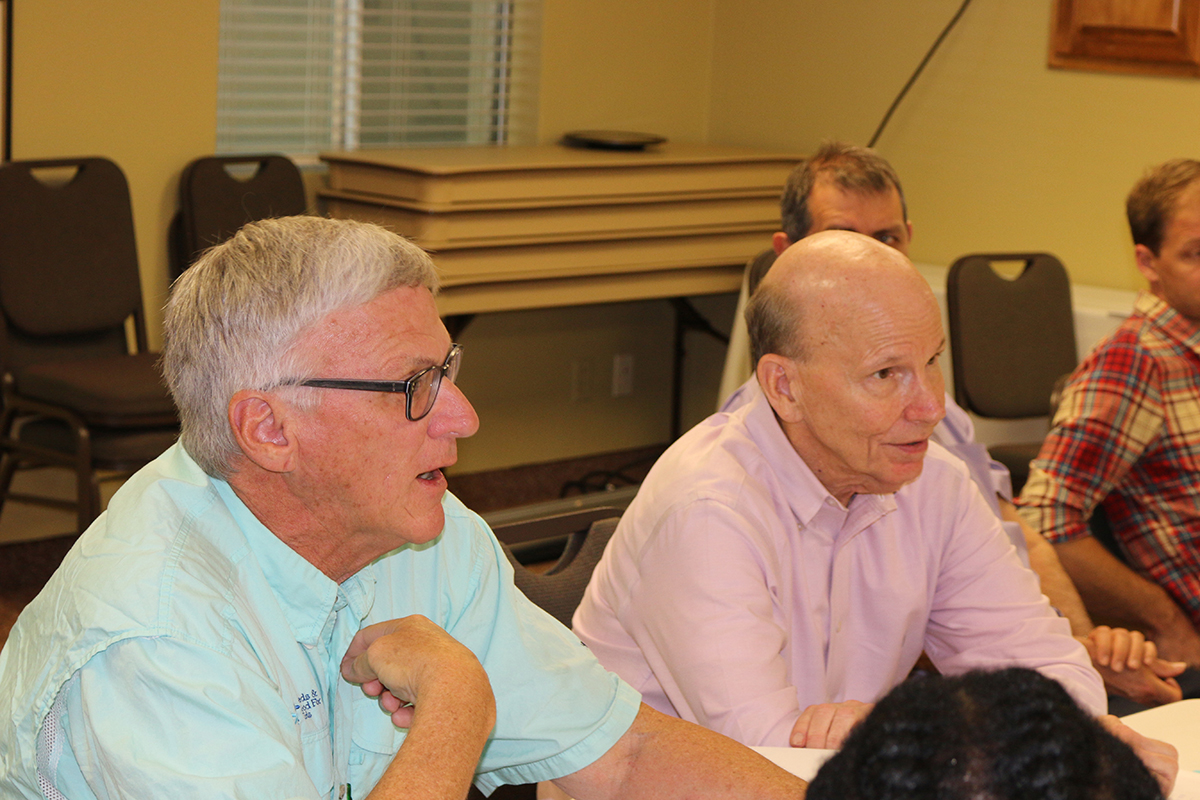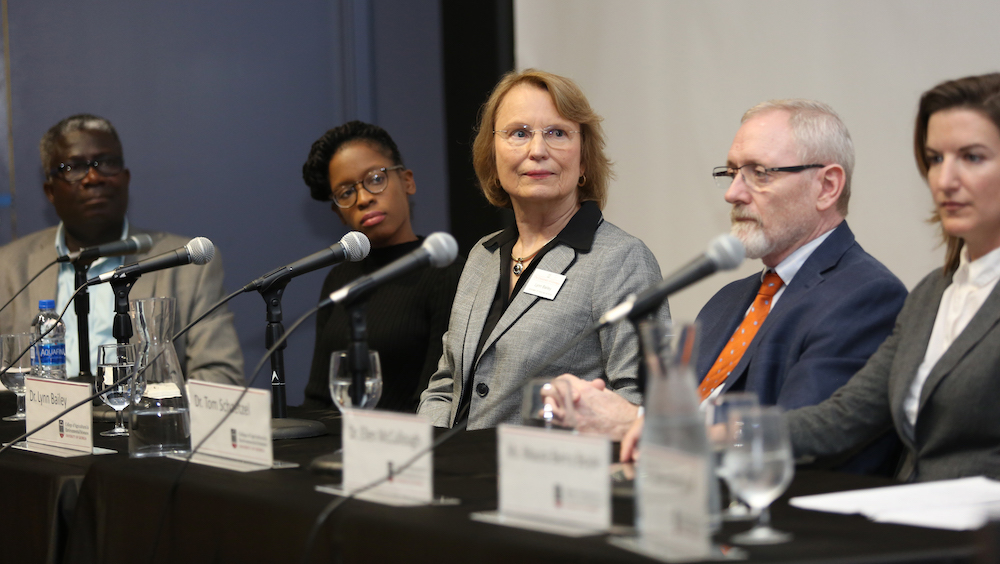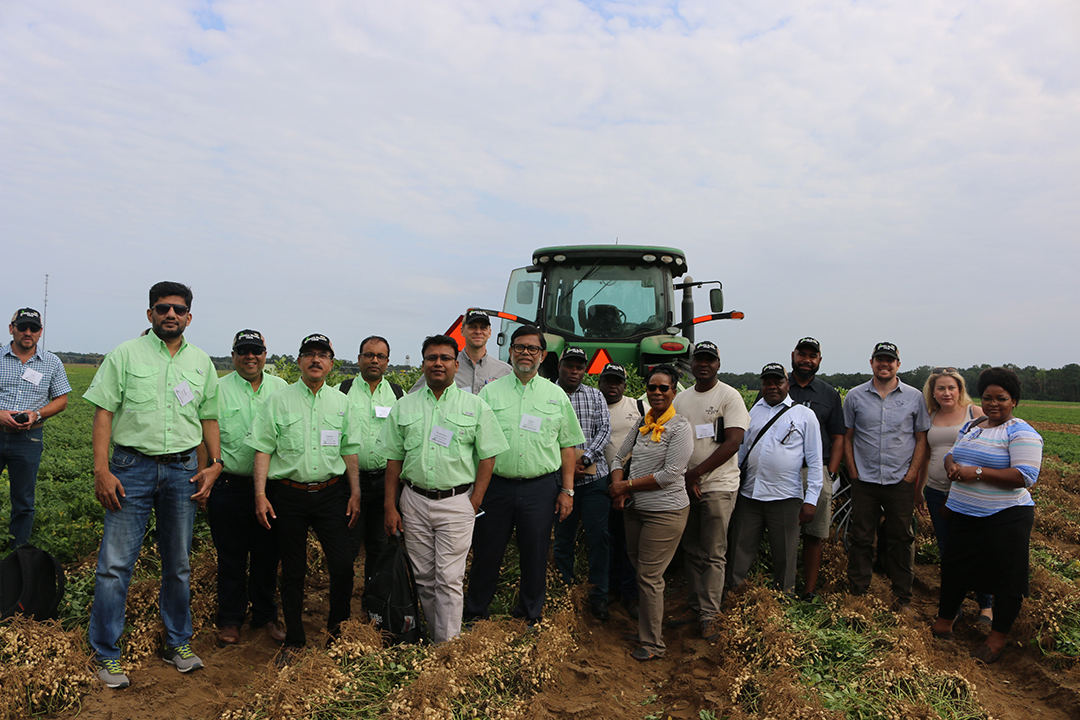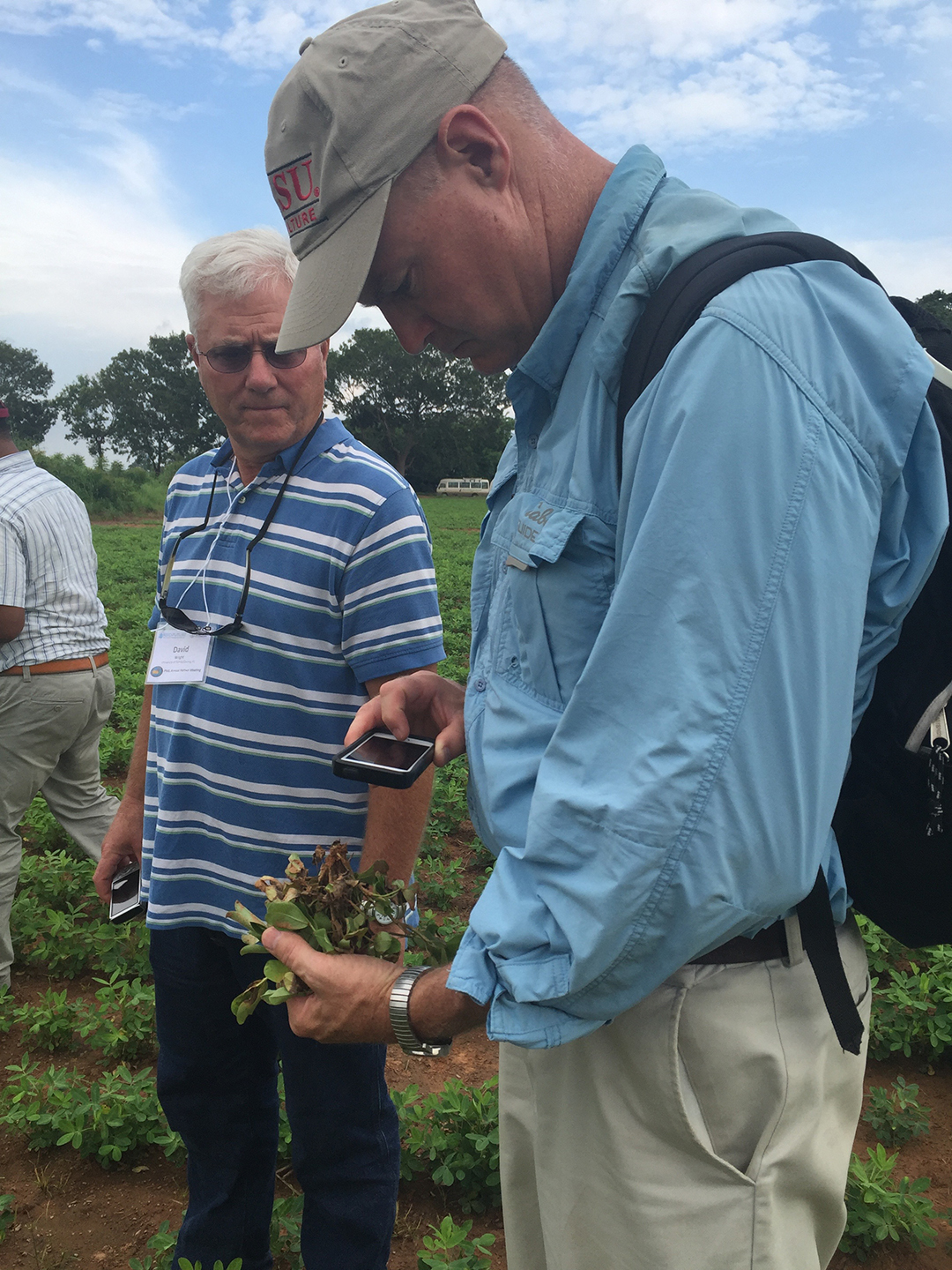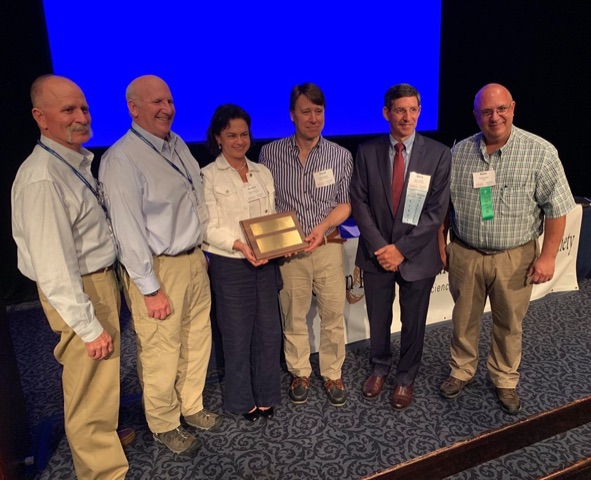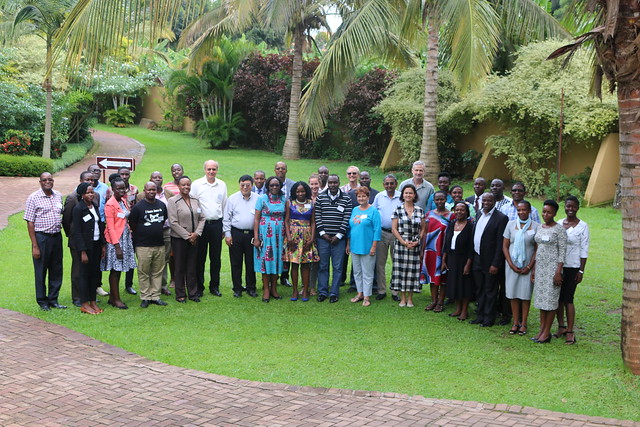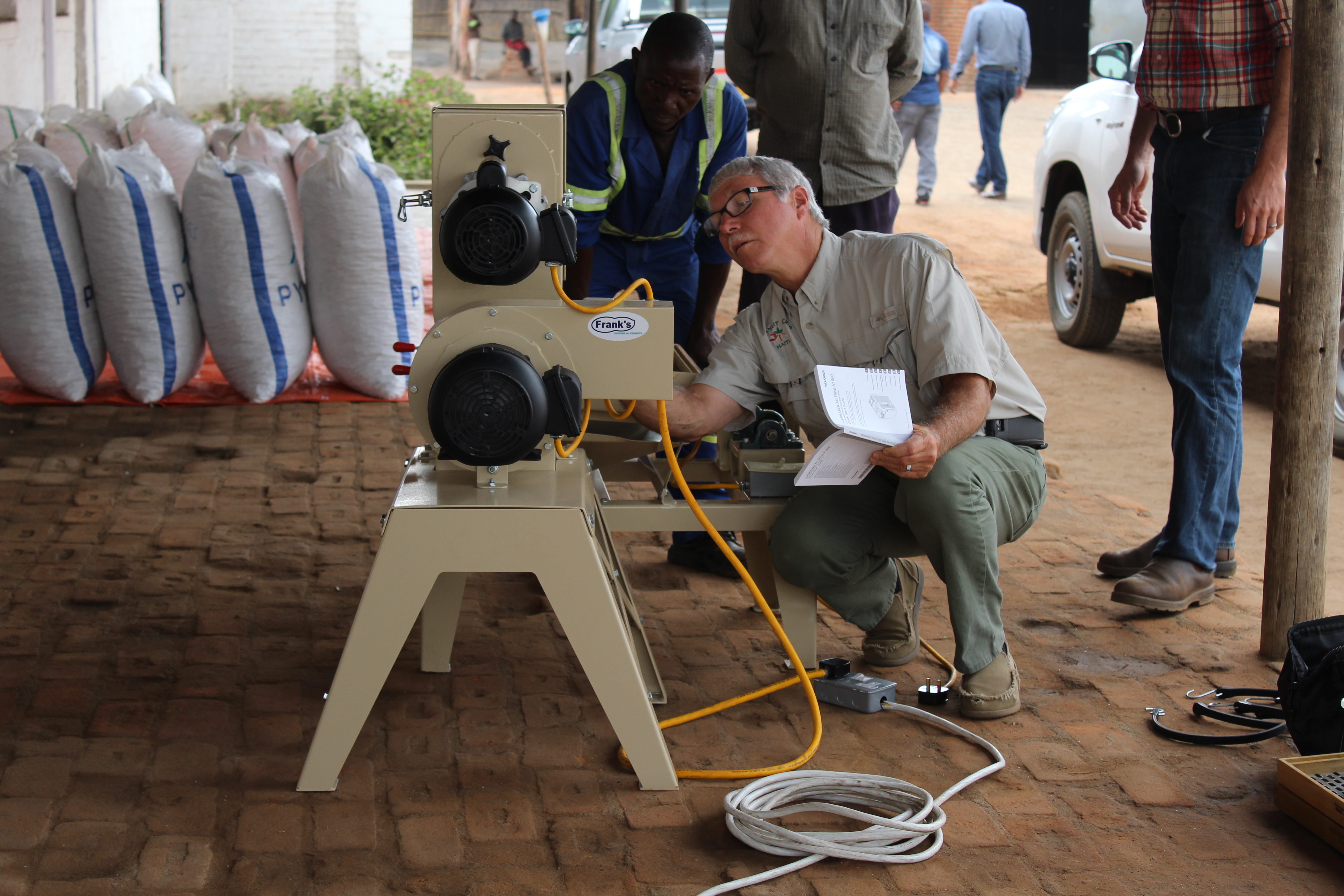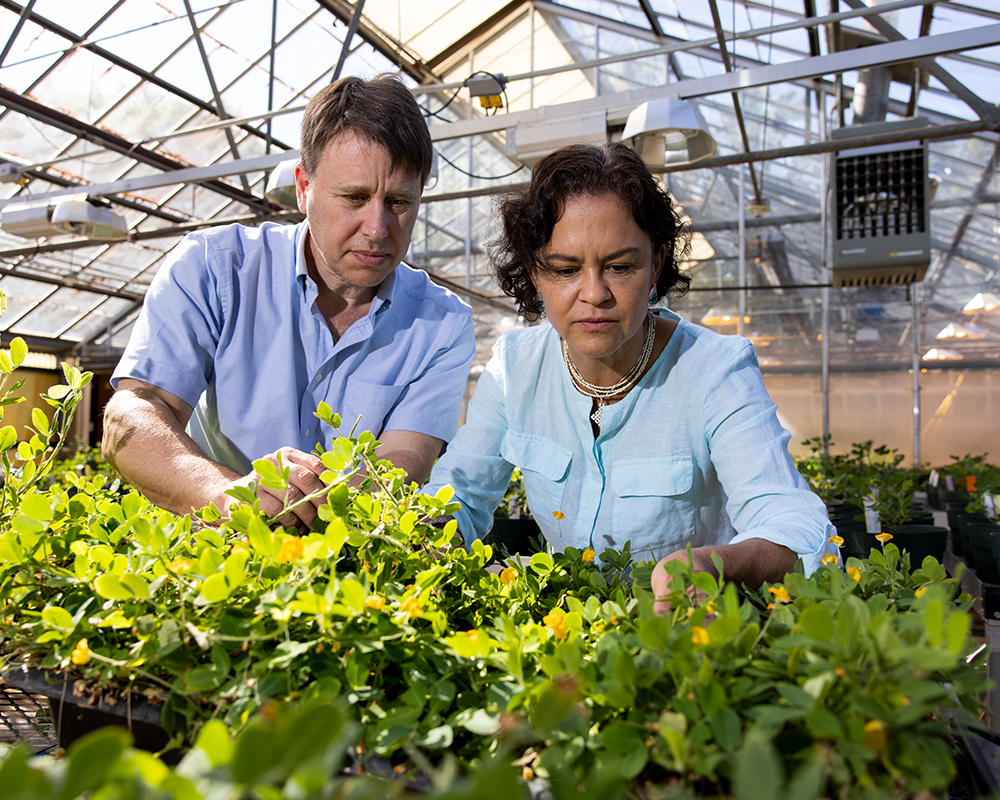 CAES News
CAES News
Best of Both Worlds
The wild relatives of modern peanut plants have the ability to withstand disease in ways that modern peanut plants can’t. The genetic diversity of these wild relatives means that they can shrug off the diseases that kill farmers’ peanut crops, but they also produce tiny nuts that are difficult to harvest because they burrow deep in the soil.

